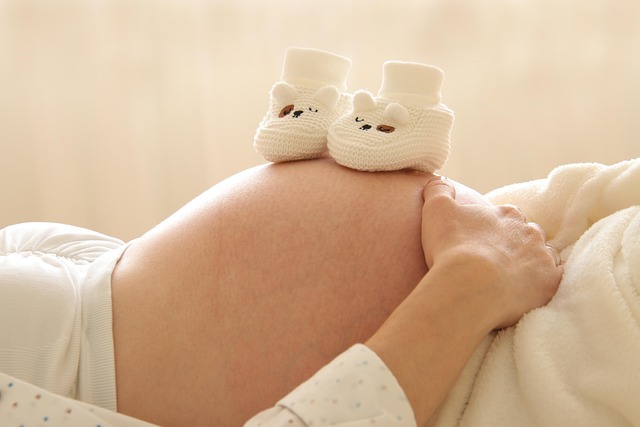Preparing for a baby’s arrival can feel like an endless to-do list. From cribs to monitors and a mountain of onesies, it’s easy to question whether an air purifier is a must-have or just another expense taking up space in your nursery. Spoiler alert: investing in an air purifier might actually be a smart move. Let’s dive into why air quality in your baby’s room matters and help you decide if an air purifier is right for you.
Why Air Quality is Important for Babies
You might not realize that babies breathe faster than adults, which means they take in more air relative to their size. This makes them particularly susceptible to whatever is lurking in the air around them. Even in the tidiest nurseries, you might find:
- Dust mites
- Pet dander (even if your dog is banned from the nursery)
- Mold spores
- Volatile organic compounds (VOCs) from new furniture or paint
- Pollen brought in on clothes or through windows
- Those unmistakable diaper odors
Air Purifier vs. Humidifier: What’s the Difference?
Before we go further, let’s clarify the roles of air purifiers and humidifiers.
- Air Purifiers: These devices filter out airborne particles and pollutants, cleaning the air your baby breathes. Most use HEPA filters to capture dust, pollen, pet dander, and some bacteria.
- Humidifiers: These add moisture to dry air, which can help with congestion and dry skin but don’t eliminate pollutants.
Many parents find that using both creates the best environment for their nursery, especially in dry seasons or homes heavy on allergens.
The Case for an Air Purifier
Here’s why you might want to consider getting one:
- Better Respiratory Health: Filtering out allergens can help reduce respiratory issues and potentially prevent allergies from developing.
- Improved Sleep: Modern air purifiers often operate quietly and can provide soothing white noise, helping babies drift off to sleep.
- Odor Control: Let’s face it, nurseries can get stinky. An air purifier with a carbon filter can neutralize those unpleasant smells.
- Peace of Mind: Knowing you’re actively improving the air quality for your little one is reassuring.
When You Might Really Need One
An air purifier shifts from being a “nice-to-have” to a “must-have” in certain situations:
- If you have pets
- If there’s older carpet in your home
- If anyone in the household smokes, even if outside
- If you live in a high-pollution area or have seasonal allergies
- If your baby shows signs of allergies or respiratory issues
- If you’ve dealt with mold or dampness in your home
- If you recently renovated and are concerned about lingering VOCs
Choosing the Right Purifier
If you decide to buy an air purifier, look for these features:
- ✅ True HEPA Filtration: This captures 99.97% of particles as small as 0.3 microns.
- ✅ No Ozone Production: Avoid purifiers that emit ozone, as this can irritate a baby’s lungs.
- ✅ Appropriate CADR Rating: A higher Clean Air Delivery Rate means better filtration efficiency.
- ✅ Quiet Operation: Look for models that run quietly in both low and high modes to avoid disturbing your baby’s sleep.
Recommended Air Purifier
If you’re on the hunt for a reliable air purifier, the Intellipure Compact Air Purifier is an excellent choice. Its compact design fits well in smaller spaces while effectively capturing 99.97% of airborne particles, including mold, bacteria, and viruses. Parents like Sara M. have noticed significant improvements in their children’s allergies, saying, “I saw a change immediately after I placed it in my daughter’s room.” Plus, it offers various settings, so you can choose the quietest one for naptime or a higher setting for white noise at night when your dog goes a bit crazy at the delivery person.
The Bottom Line
Do you absolutely need an air purifier for your nursery? Not necessarily. But many parents would say they’re glad they got one, especially for managing odors. If allergies or any of the risk factors we discussed resonate with you, consider prioritizing an air purifier for your baby’s room.
What about you? Did you decide to get an air purifier for your nursery? I’d love to hear your thoughts – drop a comment and share what worked for your family!
For more insights, check out resources like ACOG for pregnancy and home insemination information, or explore how at-home insemination works at Make a Mom. If you’re looking for the best home insemination kits, don’t miss our detailed reviews here. Plus, for those considering sperm donation options, Vegas Pregnancy offers a free matching service.
In conclusion, whether you’re preparing for a new baby or navigating your family planning journey, staying informed and making the right choices is essential.

